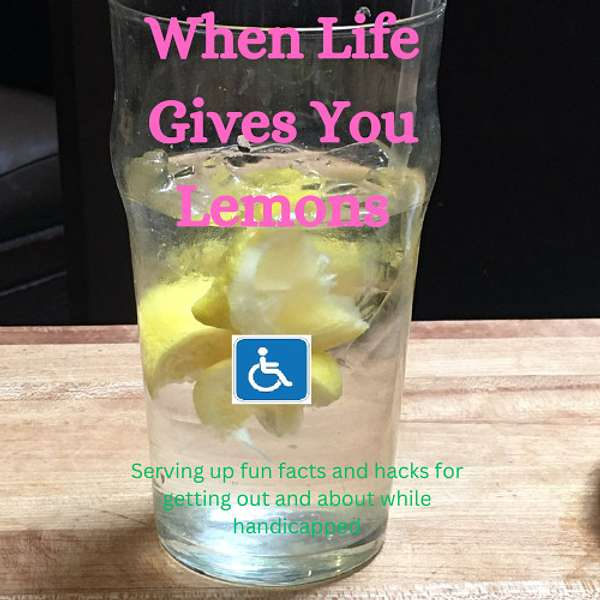
When Life Gives You Lemons
We do a bit of Research into handicapped travel issues and provide some solutions. Mobility, Hearing, Sight, Mental issues included. so far our episodes have included some information on Ataxia, Cerebral Palsy, Deafness, Dancing Sickness, Gulf War Syndrome, Long Covid and Wheelchairs. We are both Disability Advocates and realize there are too many diseases and conditions to cover and try to discuss the most common problems disabled people face and spread some awareness of disabled issues non-disabled people are unaware of.
CORRECTION
On a Previous episode I described how to enter our End Of Season contest. Step 1 click on the support our show link. Step 1 we require a one time payment (This has changed during our season) of $3. Step 3 (get you back to a one time payment) click on the $3 Subscription button. The following business day cancel the subscription (if you do it same day your bank may start thinking FRAUD. Step 4 Your done. Thanks for entering and "may the odds be forever in your favor",
When Life Gives You Lemons
CP Won't Define Me: Maria's Story
Maria's first breath came 15 minutes after she was born. In those critical moments, as a midwife performed mouth-to-mouth resuscitation in rural Missouri, the trajectory of her life was forever altered. What followed was an emergency helicopter evacuation to a distant hospital, while her parents were left wondering if they'd ever see their newborn daughter alive again.
This remarkable story kicks off our conversation with Maria, who shares her journey living with cerebral palsy from those dramatic first moments through childhood developmental challenges and beyond. With extraordinary candor and unexpected humor, she recounts the medical interventions that saved her life—including a desperate decision to administer an adult dose of Valium that could have either killed her or stopped her continuous seizures—and the years of intensive therapy that followed
Growing up in "the boondocks" of Missouri in the 1980s and 90s meant limited access to specialized services, requiring Maria's mother to drive 40 minutes each way, five days a week for years, to ensure her daughter received needed therapies. Through these efforts, Maria eventually reached major milestones on her own timeline: rolling over at eight months, walking at five years, and teaching herself to run at nine because she was determined that "come hell or high water," she would run.<br><br>What makes this episode particularly powerful is Maria's refreshing perspective on disability. When asked if she would remove her CP if given the chance, her answer is a resolute "no." Rather than seeing her condition as something to overcome, she views it as an integral part of her identity that has given her unique perspective and shaped her into a person she loves being. Her story challenges listeners to reconsider how we view limitations in our own lives and demonstrates how adversity can forge remarkable character and resilience.
Subscribe to our podcast for more enlightening conversations about disability experiences, and join us next time to hear the continuation of Maria's journey through college and beyond!
You May have noticed I added a transcript. This is produced by AI and sometimes it gets words wrong if you have speech problems. In this episode, we threw 2 people with abnormal speech at it with pretty good results. It did not get a few words Maria used so I put the corrected word next to it, in parenthesis.
Later this week, I will also correct the other season 3 episode. And hopefully each episode from now on will also be publishable.
Welcome to our podcast. When Life Gives you Limits, I'm Kevin.
Palmi:. We consider ourselves disability advocates and intend to spotlight some disability issues and things we find interesting that we frequently encounter when we're out and about. Also some history on disability that we find interesting.
Kevin:On this episode we're detailing the story of Maria, who has cerebral palsy. Palmi is going to ask her a few questions and she's going to tell basically her story.
Palmi:Right, Maria, is that about right Three years?
Maria:Three, four.
Palmi:Yeah, yeah, we only party together. We don't see each other other than about once a year. We go to a party together at Christmas.
Maria:Well you, know we have been that year recovering, that's right.
Palmi:You're right, it takes a year to recover. You're right, it takes a year to recover. You're so funny. And Maria, you were born with CP, is that correct? Yeah, can you give us a little bit of your background, about your family and CP and your little history there? Yeah, and your little history there.
Maria:Yeah, so I was born in 1989. So back in the boondocks of Patton, missouri, pat and Smith, I was actually born at a. So my mother worked as a nurse back before you had to have letters behind your name, and so she worked at a midwife house in Perryville, missouri. And so I was born at the midwife house and I was a breech birth. They literally had to my mother says rip her apart to get me out and so I came out not breathing. The midwife Came out not breathing. The midwife done mouth-to-mouth for 15 minutes and I took my first breath at 15 minutes.
Maria:So so, um, they kind of wrapped us up and cause they knew I would need medical attention. Well, they call around and turns out all the EMS personnel personnel is out on a I forget now if it was a 5 or 10 car power out on 55. So the nearest way to get me to Cardinal Glennon or somewhere else was to call a helicopter from Columbia to come down and get me from the middle of high school. Wow, they meet the whole culture at the school and mom and dad don't know if they're ever going to see me alive.
Maria:So your mom didn't go with you then? No, because we're talking 35 years ago. So she had went down to her mother's house and that's in Missouri to recover. Wow, my dad worked for the county in Madison County, so what he would do, he would drive to work from Prickertown, no-transcript, to bring me my mom's milk, wow. And so I spent the first three weeks in Columbia.
Palmi:That's all. That's all you spent. Were you full term? Yeah, oh, you were full term. Yeah, yeah, but you didn't breathe for the first 15 minutes, right.
Maria:And sorry for the background noise my cat has found his ball. Is that the monster? Yes, four months old, until I get two years old, but you know so anyway. So I started having seizures on the way up to the hospital, wow. And so, at three days old, they call mom and dad and they're, like you know, she's seizing every five minutes were running out of options because I had been matched out on a dial in and clean and barbed wire.
Maria:Wow, and Queen and Barbara, and so the next option they had was to give me a adult dose of volume. That would do one of two things one, it would kill me. That would do one of two things One, it would kill me, or two, it would stop the seizures. So my body could rest, right, well, I slept for 36 hours and did not have a seizure until the age of three. Wow, when I was born, they also found out that I had no gag reflex. So they immediately took me into surgery to have a (gastric tube) G2. And that was how I I had the G2, but it's like a button that goes directly into your stomach, right, so I didn't have like the nose thing or anything, right, right, so I got home, I was on heart monitors.
Palmi:Got home. At what age? What age did they discharge you from the hospital?
Maria:Three weeks, wow, three weeks, wow, three weeks. And so the first year of my life I was strictly homebound. Right, because I had heart monitors. I had you in a different medicine Since I had the substitute, because since I did not have any gag reflex, gag reflex, I really had no way of coughing or, you know, not sucking down my love.
Maria:Right yeah, so, um, right, yeah. So that was the first year I had therapies come in the home. I had a nurse, and so at the time they were just starting First Steps, actually the first steps filed in Southeast Missouri, because at that point you had to either go to Sightston, to sites in St Louis, columbia or Springfield to receive services. Right, yeah?
Palmi:For people that don't know. We're kind of in the boondocks here, yeah.
Maria:We're out in the middle of nowhere.
Palmi:There you go, yeah.
Maria:And you know people who may be in Cape or know of Cape (Girardeau) Verde. 30 years ago you had the main drag and that was it.
Palmi:It's grown a lot since then, but it wasn't big back then.
Maria:Oh yeah, oh yeah, and so the first three years of life I received in home therapy through the hospital which was at that time Southeast Hospital, and at three years of age I began first steps and that's when I started receiving therapy at the pediatric spot, which very hand-taught so we went to therapy, we got PT, ot and speech therapy and that's where I got therapy. Until six years of age my mother would drive me to therapy from Patton Missouri, me to therapy from Patton Missouri, which is about a 40 minute drive one way, every day, monday through Friday. And yeah, so you know. And then, of course, when I got to school, I did therapy at Perry County Hospital, which back then was called Perry County Memorial Hospital.
Palmi:So you did that from the school they transferred you over, or did you do it through the school?
Maria:Yeah, so they contracted with the school Um. So you know, mom got paid for her mileage um. And then when I got older, into middle school and high school, they changed to the school to do therapy. So you know, my entire life was therapy and you know, and you know, trying to better myself, because I did not roll over until eight months of age, I didn't walk until about five years of age, I didn't run until about nine, and that's because I taught myself how, because one summer I told mom I said I am going to run, you know, here, high water you know Right Now, I don't know this are you the only child in your family or do you have brothers and sisters?
Maria:So technically I have a half-brother. But you know that's been a unique relationship as well, because before he got into his pastoring job he was actually a personal trainer, because he saw me go through what I did, so he grew up with you in the household then yeah, yeah, we are very close.
Maria:We have never had a fight. We have only had two disagreements, and they weren't really disagreements, we just had different opinions on this situation, right? So you know that is something to say a person with a disability. It's allowed me to see life in a whole different perspective, exactly. You know, I have actually been asked before if I could go back and take my CP away. Would I do it? And I always say no because I would not be the person I am without the secret. That's amazing. People look at me like what the heck is this?
Palmi:I would not change a single thing, yeah Well, it would be easier. Your life would be easier, for sure. But you're right, you may not be the same person you are today.
Maria:Well, I knew I wouldn't. Yeah, I wouldn't, and besides that, I wouldn't have the stories I have, and that's the thing.
Palmi:With all that stuff. It seems like it would make you hard or angry or stuff like that, and it's just done the opposite. When I've met you, um, you're just the opposite. You're a ray of sunshine, you're always making whoever's around you very happy and, um, seems like you enjoy life. But I know that can't always be the same. Have you ever gone through something where it's been very hard on you?
Maria:Well and honestly it's funny you bring that up because you know my story don't end. When I went to school Right, our school was a school of 500 kids, k-12. Actually, my graduating class was 54 people and we were the biggest class in 10 years, wow. And so I got made fun of, I got picked on. But you know I helped my own too. Now I had a professional that helped me and went around with me so she could kind of protect me in ways. But you know, kids are mean, exactly, and she wasn't with me in 24-7 either. You know she had to go do things and all that and so. But I also was so known in my school that, yeah, you had the mean kids, but you also had kids older than me. That would kind of be. I still keep in contact with and you know, if you mess with Maria, you mess with them and you didn't want to mess with them and you didn't want to mess with them.
Maria:That's a good one, Darta. And now you know we get into trouble. Well, of course we did. You know we were scared, but nothing that you see nowadays. It was more like unhooking battery cables and the principal's car, you know, Innocent stuff, stuff like that yeah. And so I went to college. Yeah, you did.
Palmi:You have a famous story about college. You gotta tell that story. Oh, yeah, we talk a lot about the discrimination of being disabled, and so this is a prime example of this story. Oh yeah, medications that would interact with this medication, or any medications that she's taking. So you have to know right off the bat that she does not drink. So go ahead, maria, tell the story.
Maria:So it was my sophomore year.
Palmi:What did you go to school for? I didn't ask that.
Maria:I didn't ask that. Well, I went to school for special ed because in my 18-year-old brain that wanted to conquer the world, world. I wanted to help the kids (just) dress like I had been an example for them to look up to.
Kevin:Yeah wow, Palmi, that was great. I enjoyed hearing Maria's story. Join us again next time so you can hear the rest of Maria's story. I apologize for the numerous audio difficulties in there. We're having a very bad storm here and I was unable to get a lot of it out during editing. Until next episode, take those lemons and make your own lemonade.
Podcasts we love
Check out these other fine podcasts recommended by us, not an algorithm.

When Life Gives You Lemons
Kevin & Palmi Henry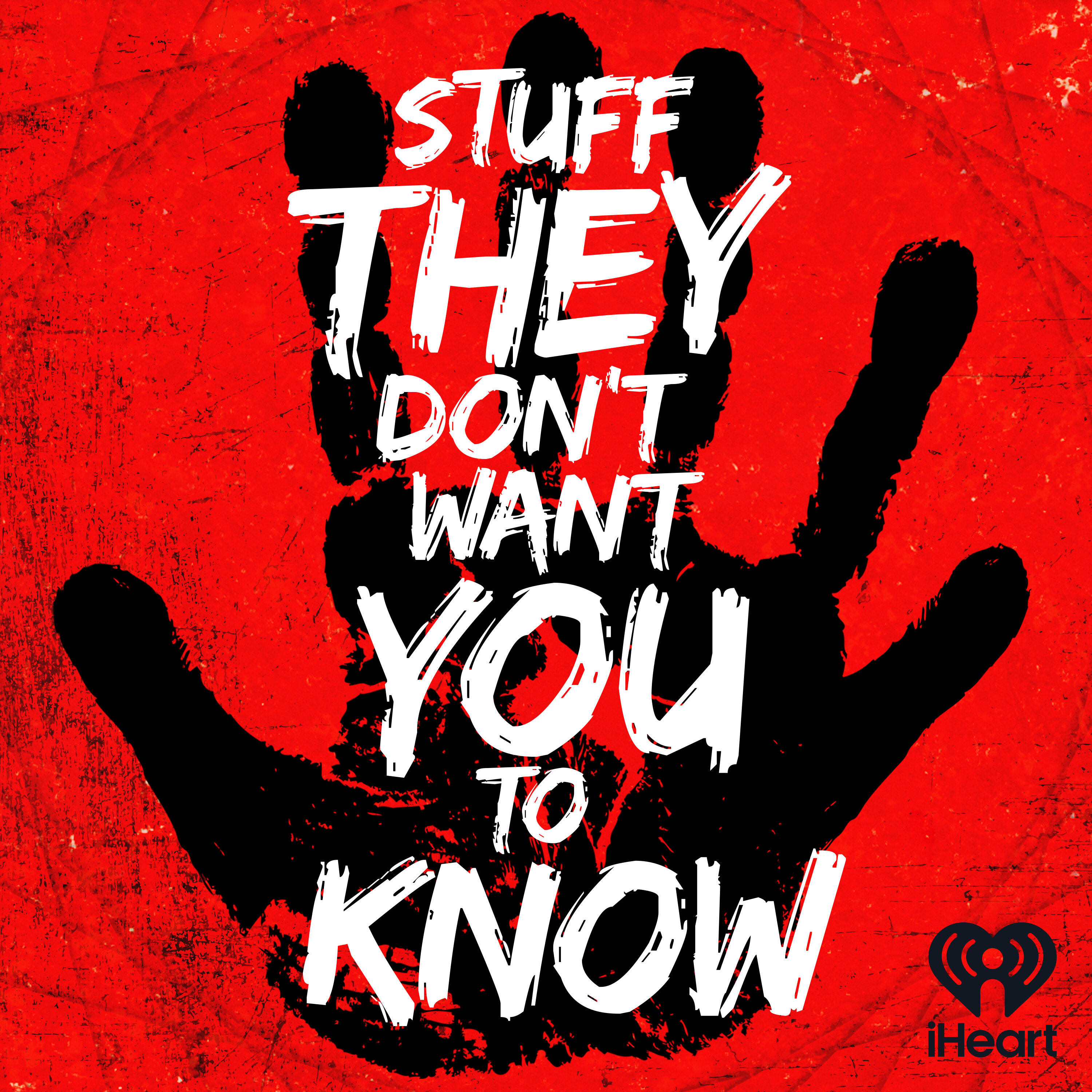
Stuff They Don't Want You To Know
iHeartPodcasts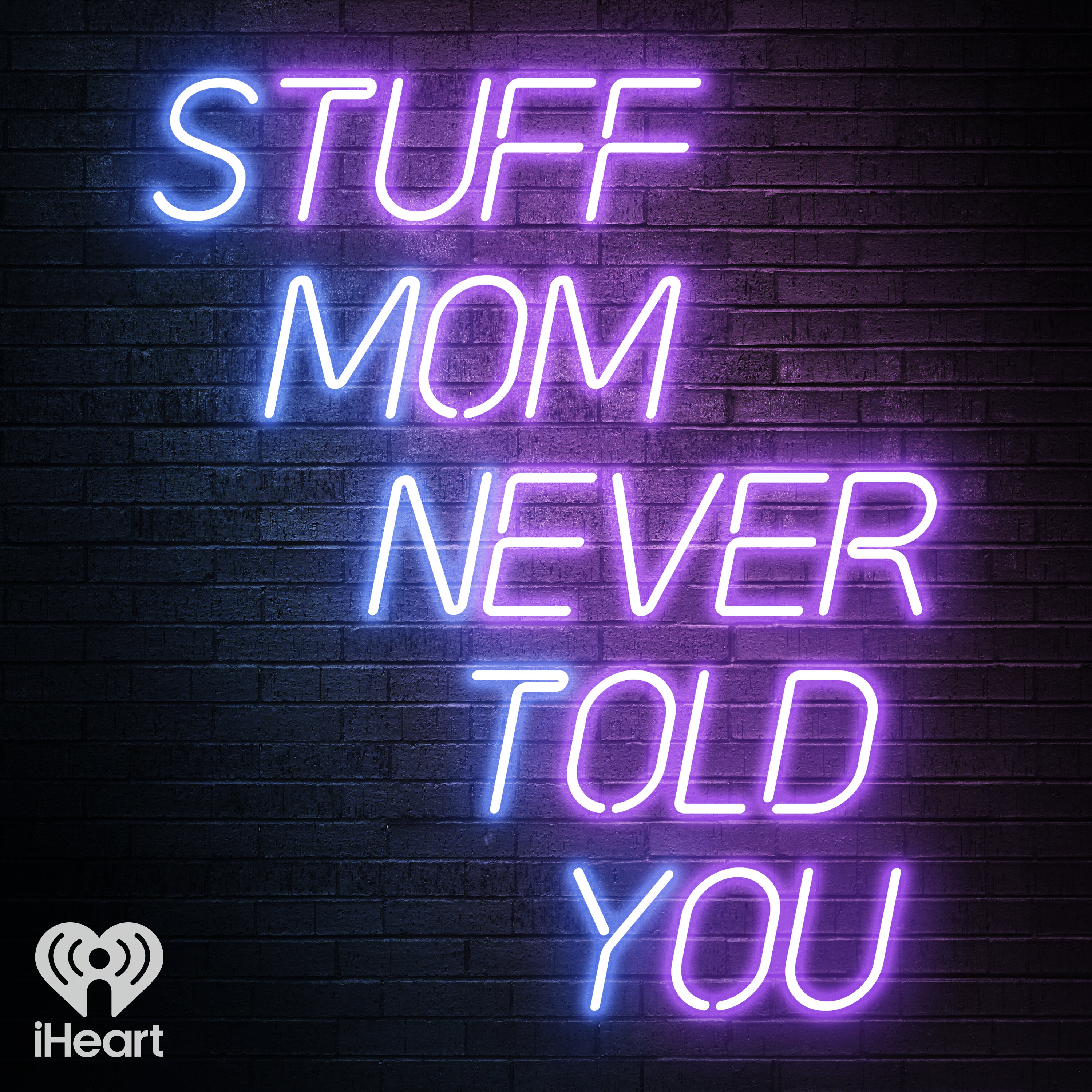
Stuff Mom Never Told You
iHeartPodcasts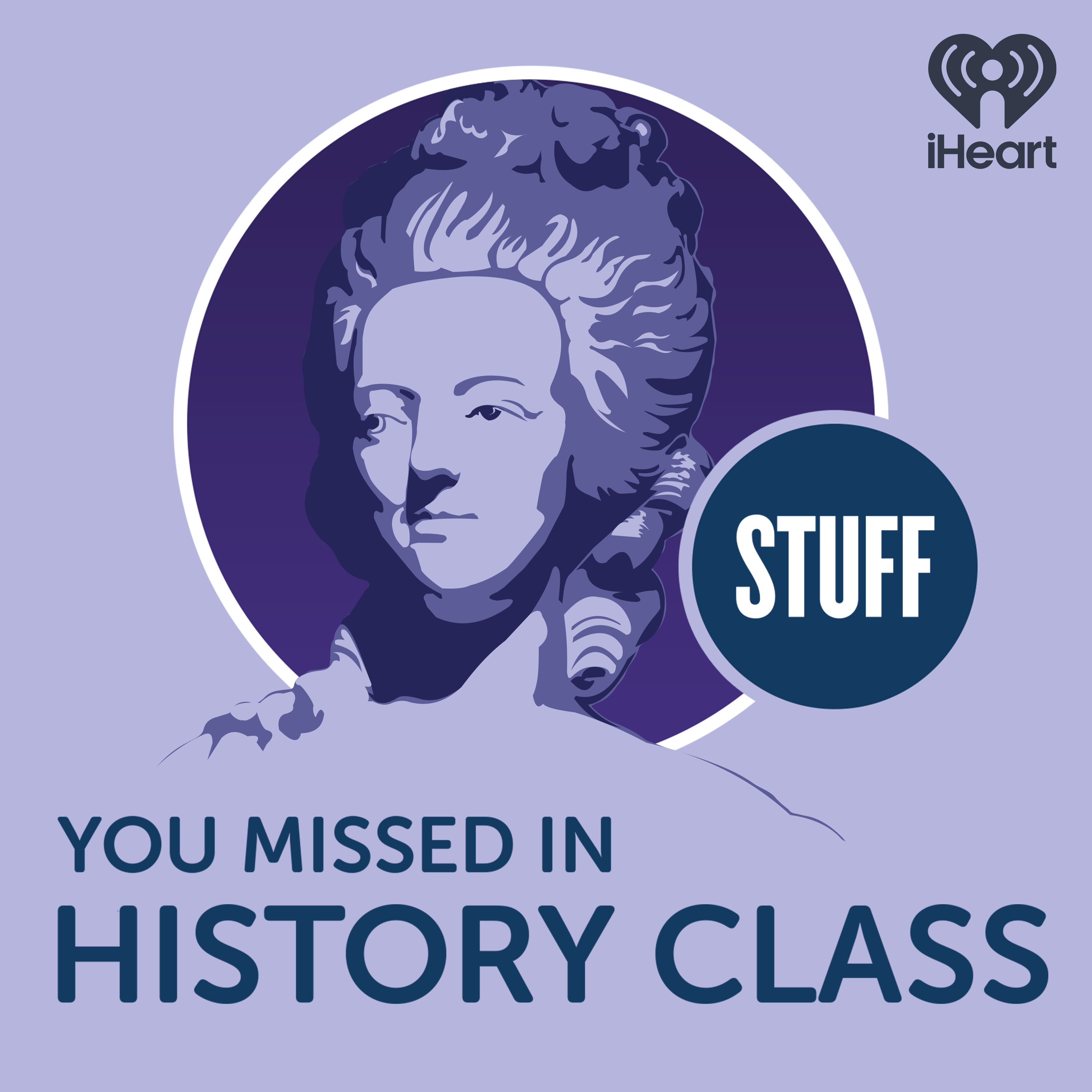
Stuff You Missed in History Class
iHeartPodcasts
Planet Money
NPR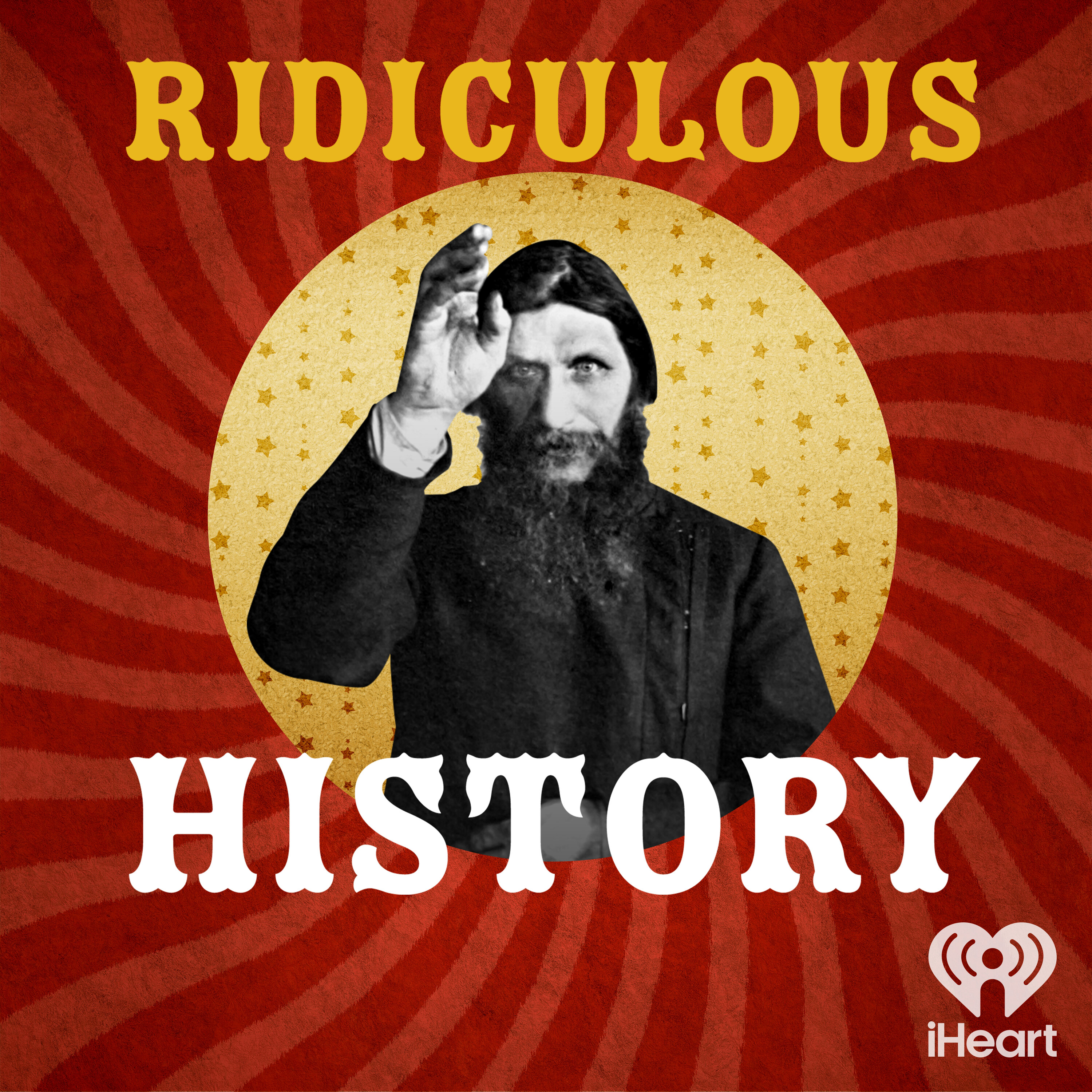
Ridiculous History
iHeartPodcasts
The Way I Heard It with Mike Rowe
The Way I Heard It with Mike Rowe




